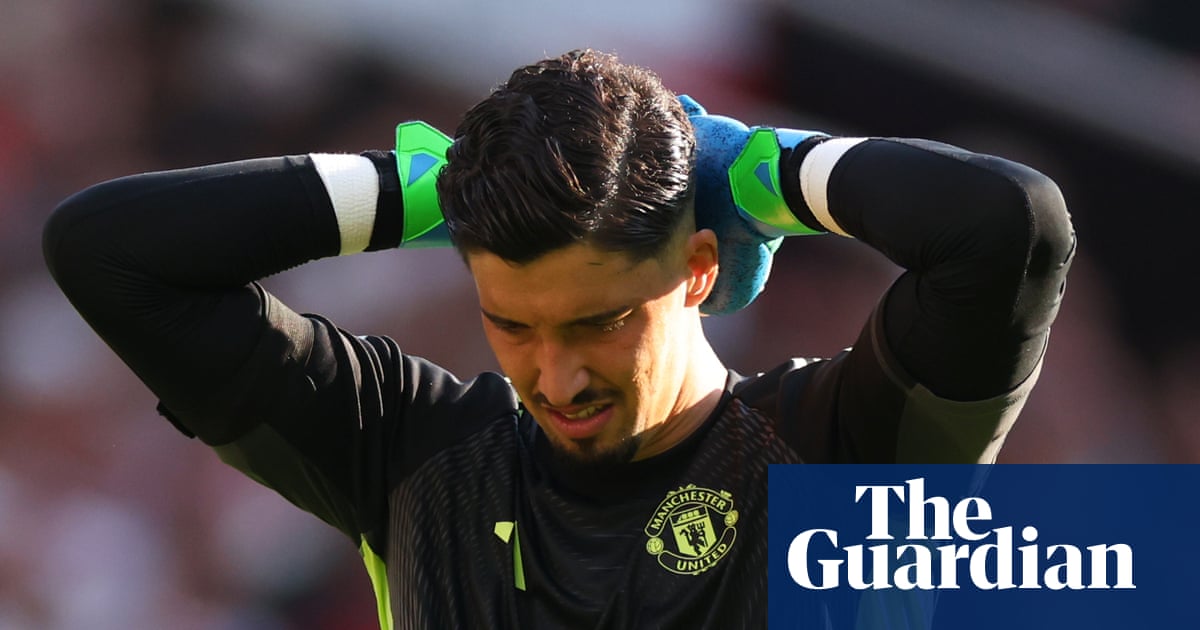
Manchester United continues to experience defensive vulnerabilities, with recurring issues stemming from their inability to handle inswinging deliveries. This problem, which first emerged last season, has once again been highlighted in their recent match against Arsenal at Old Trafford.
Recurring Defensive Weaknesses
New seasons may bring fresh kits, new signings, and renewed optimism, but some issues persist. For United, their inability to effectively defend against set pieces remains a key vulnerability, a flaw Arsenal exploited to secure a crucial victory.
In December last year, Arsenal capitalized on similar weaknesses, securing two goals directly from corners during their clash at Emirates Stadium. This pattern of conceding from dead-ball situations has led opposing teams to target United’s defensive frailties. With André Onana in goal at that time, Tottenham also exposed these weaknesses in the Carabao Cup, and Altay Bayindir faced similar struggles in that competition, including conceding a direct goal from a corner taken by Son Heung-min.
Rice’s Delivery Exposes Flaws
In this latest clash, it took just 13 minutes for Arsenal to capitalize. Declan Rice’s expertly delivered inswinging corner caught United’s defense off guard. Bayindir hesitated, flapping at the ball, leading to an almost own goal that Riccardo Calafiori ultimately headed in to make certain.
While United could argue over the physical tussling within the penalty box, with Mason Mount being impeded by William Saliba, the underlying issue lies with their lack of confidence and decisiveness in defending set-piece situations. Arsenal goalkeeper David Raya demonstrated the necessary assertiveness with a commanding punch to clear Bruno Fernandes’ inswinging free kick during the second half.
Attacking Potential Overshadowed
Despite several positive moments on offense, United’s defensive lapses overshadowed their efforts. Patrick Dorgu came close by hitting the post, while Bryan Mbeumo and Matheus Cunha showed moments of promise. However, it was Amad Diallo, playing in an unorthodox right wing-back role in the second half, who posed the biggest attacking threat for United.
The statistics may show United created chances, with David Raya forced into seven saves, but these amounted to little. Aside from a reflex save from Cunha’s effort at a narrow angle, most were shots Raya was expected to stop comfortably. Meanwhile, United’s attackers failed to find the decisive breakthrough.
Mounting Pressure on the Manager
United’s form under their current manager continues to draw comparisons with some of the least successful managerial spells in the club’s history. With a win percentage of just 37.2%, the situation grows increasingly dire. A failure to win their next match against Fulham could leave their manager with the worst win record since Herbert Bamlett’s tenure ended in 1931.
This constant pressure has heightened the importance of every game. A poor result against Fulham would turn their upcoming clash with newly-promoted Burnley into a must-win scenario, just four matches into the season. The echoes of last season’s poor form linger, creating a sense of urgency and anxiety for United fans and players alike.
Time for a Defensive Reset
For Manchester United, it’s clear that their struggles are not confined to the present, as past issues continue to plague them. Defensive lapses, especially in set-piece situations, will need to be urgently addressed if they are to improve their fortunes this season.
As football evolves with increased demand for highlight-worthy attacking moments, United must remember that a strong defense forms the foundation of success. Without decisive goalkeeping and better organization at the back, their season could unravel sooner than expected.






